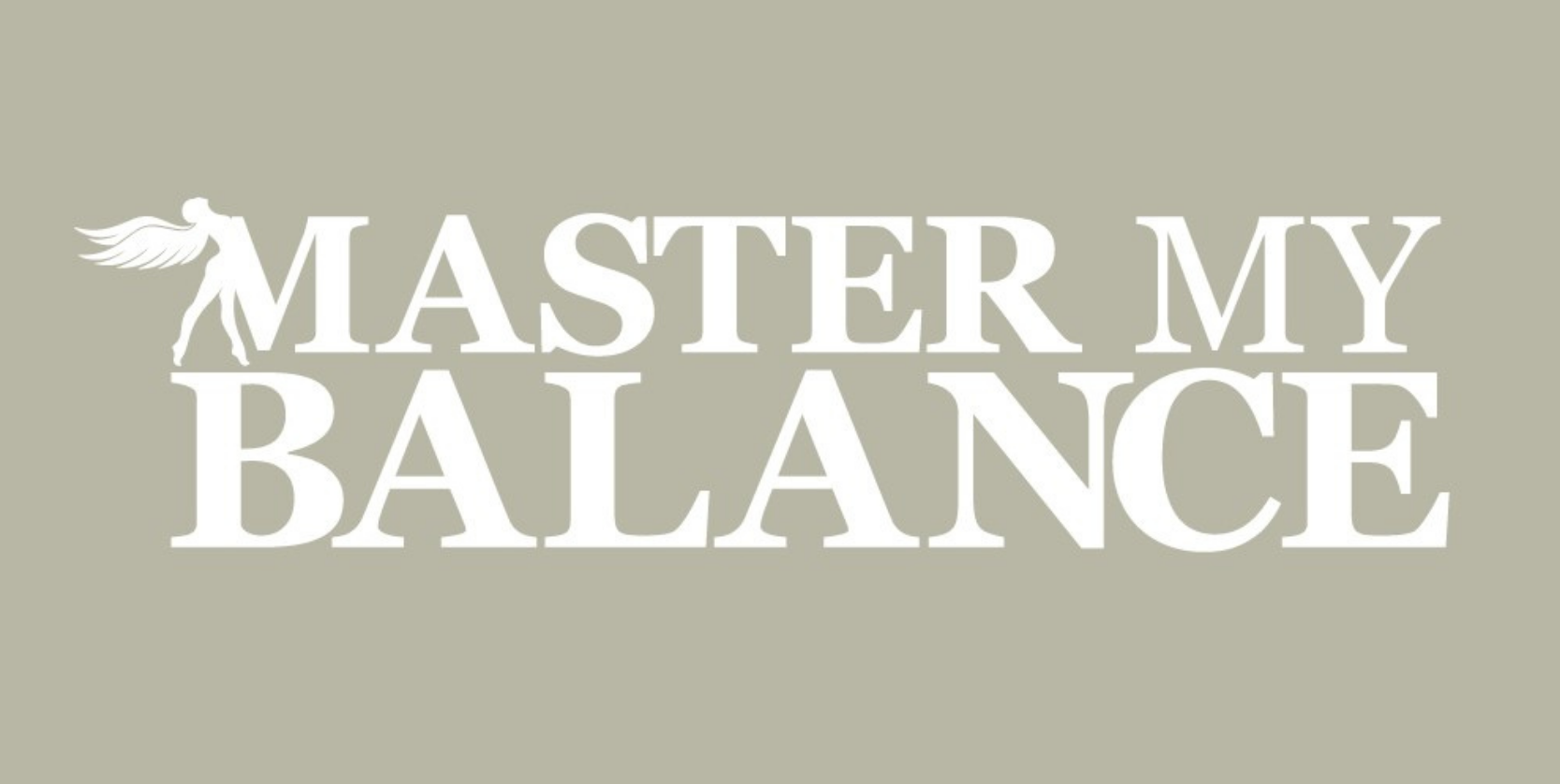If you’re a parent, you’ll know that kids are basically mini stunt performers in disguise. Whether it’s climbing trees, bouncing off trampolines, or playing football, accidents seem to follow them around. And sometimes, those “small tumbles” end with you sitting in A&E, praying it’s just a sprain.
This August alone, I clocked up several A&E visits with my children. At €100 a go (unless you have a GP referral), it’s safe to say it’s not my favourite way to spend money, or time. Understandably, it’s not always possible to go to your GP first to get that referral letter, but if you can, it will save you roughly €30–€40 depending on what your GP charges. Another option is the out-of-hours doctor service, which operates in many locations across the country. If you have a GP Visit Card, attending this clinic won’t cost you a cent, and if they feel a trip to A&E is necessary, they’ll prepare the referral letter for you.
What struck me most during our hospital marathon wasn’t just the stress of watching my kids in pain, but the hidden costs that kept creeping in. You don’t realise how quickly things add up until you’re juggling receipts, parking tickets, and days off work.
The Real Cost of Childhood Accidents
We expect plasters, maybe the odd paracetamol… but broken bones, sprains, or stitches come with extras:
- Hospital charges (A&E, consultants, follow-ups)
- X-rays and prescriptions
- Physio or supports (casts, boots, crutches)
- Transport & time off work (because no one ever injures themselves at a convenient time)
- Parking fees (don’t get me started, the amount I spent on hospital parking this August is crazy. The good news is the hospital I visited did offer reduced-rate parking for long stays, but you usually have to ask or know it exists. A small mercy when you’re clocking up hours in the waiting room!)
Just one A&E visit can cost well over €150 once you add in parking, prescriptions, and lost time. Multiply that by three or four visits, and it’s easy to see how children’s health can be as financially draining as it is emotionally exhausting.
What One Trip Really Cost
To give you an idea of how it all adds up, here’s a breakdown of one of our hospital visit costs within the first few hours:
- €100 – A&E charge
- €25 – Parking for multiple entry over set period of time (reduced-rate, but still!)
- €20 – Coffee and a snacks while waiting (because no parent survives a hospital stay on an empty stomach)
That’s €145 within the first few hours, and that’s before the prescription charge, follow-ups, physio appointments, and the wheelchair came into the picture. Multiply that by several visits, and you can see how quickly these things turn into a real financial strain.
Why Insurance (and Tax Relief) Matter
Here in Ireland, A&E isn’t free for everyone. If you hold a full Medical Card, you don’t pay the A&E charge. But if you only have a GP Visit Card, or no card at all, you’ll be charged the full €100 per visit in a public hospital. Those with private health insurance may be able to attend private clinics instead, depending on the illness and their cover, which can sometimes mean shorter waits.
Luckily, I’ve been paying for 24/7 accident insurance for my kids every year through their school. It’s one of those things you sign up for on the back of a form in September and then forget about — until you really, really need it. Because of that cover, I can send off my receipts and claim back the full €100 A&E fee each time. Huge relief!
Another lifeline is tax relief. In Ireland, you can claim 20% tax relief on many medical expenses that aren’t covered elsewhere. It’s not instant money back, but it helps soften the blow. Just remember: you must have paid tax in that same year to be able to claim. Even if the refund takes a while, it’s worth submitting everything through Revenue’s online system, every little helps.
When Extra Equipment Is Needed
Sometimes it’s not just about the hospital visits, recovery at home and at school can come with extra needs. One of my August “casualties” was my teen son, who ended up with a badly broken femur. Due to needing to keep weight off the leg completely for six weeks, we got him a wheelchair with leg support so he can still independently get around school.
For families in similar situations, here’s a useful tip: if the hospital doesn’t provide equipment, or what they offer isn’t suitable, you don’t always have to buy outright. Renting can be a much more economical option if it’s only for the short term. It saves you from forking out hundreds of euro on something you’ll (hopefully!) only need for a few weeks.
Preparing for the Bigger Stuff
Of course, some health issues go beyond the common illness and injury. Long-term illness or more serious conditions can put extra pressure on families:
- Lost income if a parent has to take time off
- Regular hospital trips (and the petrol/parking to go with them)
- Extra childcare or help at home
That’s when things like an emergency fund, reviewing your health insurance, and knowing your entitlements (like the Medical Card, Carer’s Leave or Domiciliary Care Allowance) become really important.
Also, don’t forget about employer supports. In Ireland, employees are entitled to force majeure leave in certain urgent family situations, such as when your child is suddenly injured or falls ill and you need to be with them. Some employers may also offer compassionate or carer’s leave. It’s worth checking what options are available in your workplace so you’re not caught off guard.
Quick Tips for Parents Facing Medical Costs
When accidents happen (and they will), here are some ways to soften the financial blow:
- Know your A&E costs – Full Medical Card holders don’t pay; GP Visit Card holders and everyone else pay €100 per visit in a public hospital without a referral letter. Private health cover may give access to private clinics.
- Keep receipts & claim back – School insurance often covers accident-related costs, and don’t forget 20% tax relief on medical expenses.
- Ask about parking – Many hospitals offer reduced-rate parking for long stays, but you usually need to ask.
- Rent don’t buy – If the hospital doesn’t provide equipment, or what they offer isn’t suitable; wheelchairs, crutches, or supports can often be rented for short-term use at a fraction of the cost.
- Know your leave rights – Employees in Ireland are entitled to force majeure leave in urgent family situations, and some workplaces also provide carer’s or compassionate leave. You’ll find information on various leave entitlements here.
- Pack snacks & water – Hospital cafés aren’t cheap, and a long wait with hungry kids (or parents) will only add to the bill.
- Build an emergency fund – Even a small buffer helps when unexpected costs pop up.
Keeping a Sense of Humour (and Balance)
Parenting is stressful enough without adding financial panic to the mix. Yes, I moaned at so many medical costs in one month, but at least I could joke that we were keeping the hospital staff on their toes. Having that insurance in place meant I could laugh about it later rather than cry over the bank balance.
Final Thoughts
Accidents and illnesses are part of childhood and parenting. We can’t wrap kids in bubble wrap (though sometimes the thought is tempting), but we can take small steps to protect ourselves financially. A little preparation, whether it’s school insurance, a rainy-day fund, or simply knowing what you can claim back in tax, makes all the difference when life throws you the unexpected.
If you’d like some help creating a family plan that balances everyday life with the “what ifs,” I offer financial coaching sessions to get you started! You can send an email to melissa@mastermybalance.ie



Recent Comments